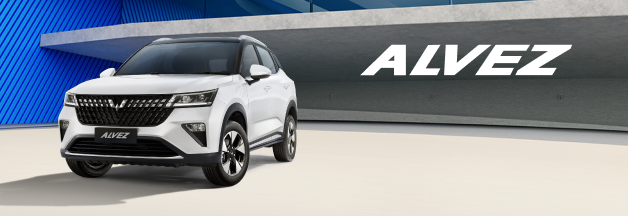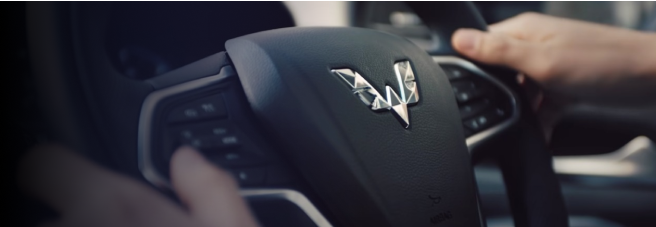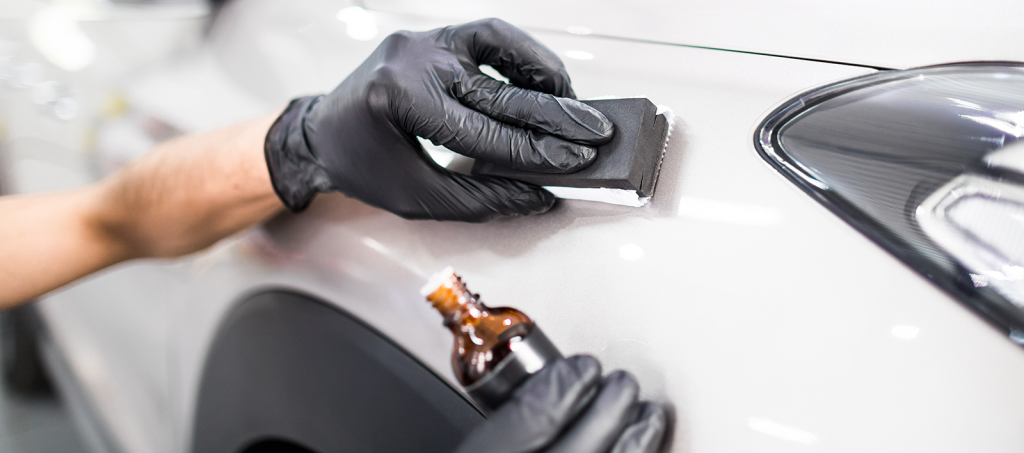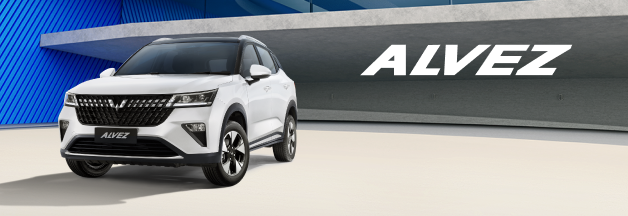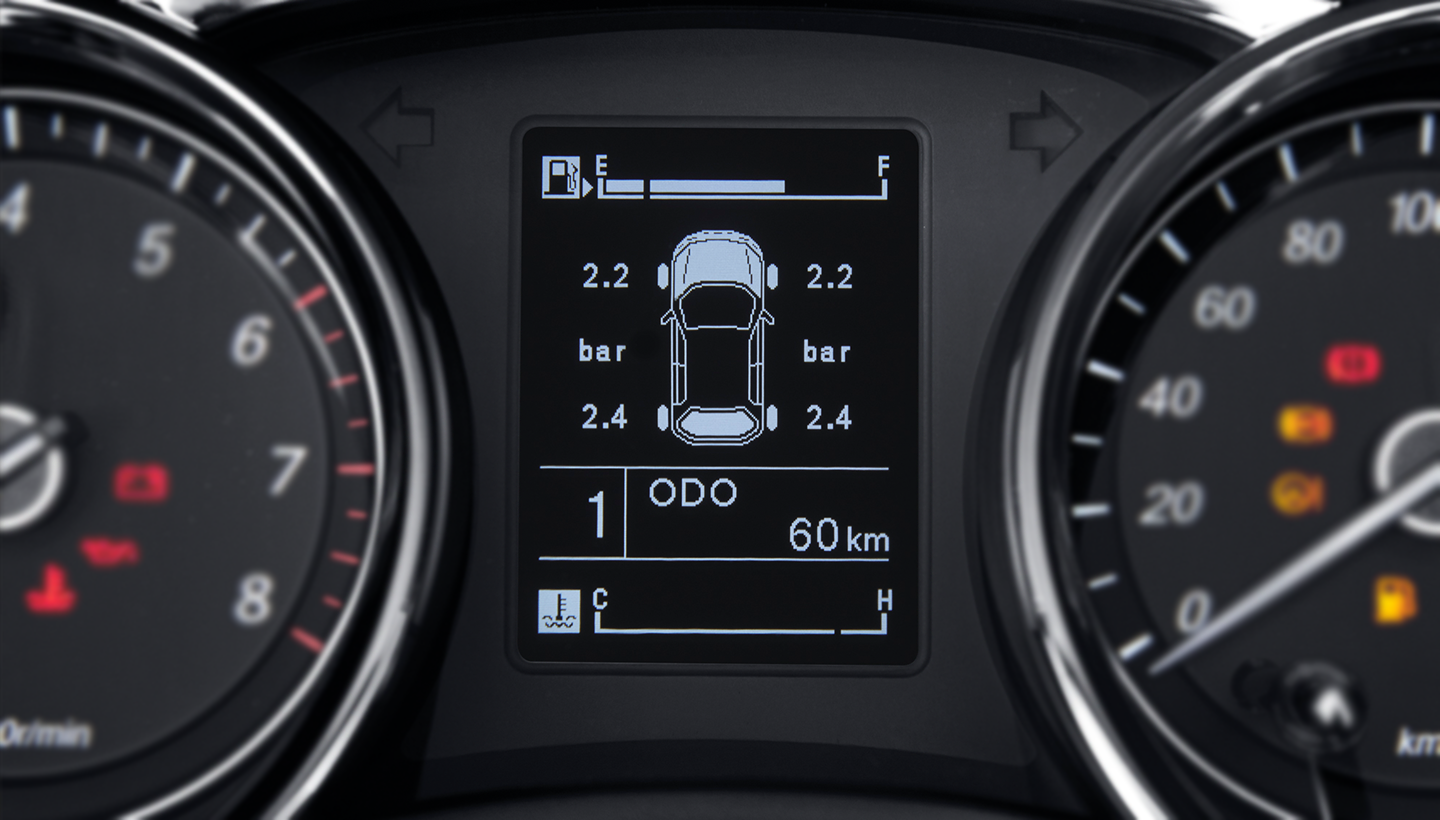
Nowadays, cars are equipped with a bunch of advanced features. They are made available by car manufacturers to make the driving experience easier. It is also the case with the Tire-Pressure Monitoring System, or best known as TPMS.
What Exactly is TPMS For?
As the name implies, TPMS is a feature that can monitor tire pressure. The latest information concerning the pressure of the tire is displayed on the Multi-Information Display (MID) screen. On the MID screen, the TPMS is usually symbolized by a picture of a car with numbers representing tire pressure information on each side of the tire.
The wind pressure on car tires should be checked regularly. Even if the pressure is reduced for a little bit, it can impact a lot of things, including, among others: reduced performance of the car, quickly worn-out tires, and even wasteful use of fuel.
Baca Juga
Also read: Understanding A CVT Transmission
Checking tire wind pressure has periodically been also one step for safe driving on the road. This way, you don’t have to worry about suddenly broken tires. Having the TPMS feature in your car will give you exactly this benefit.
If your car is equipped with the TPMS, it means you don’t have to bother going to a car repair or a shop or a gas station to check the tire wind pressure. You can check the current pressure information at any time on the car MID screen.
Baca Juga
If the tire wind pressure is lacking, you need to go to a car repair shop immediately and ask them to fix the tires by the manufacturer’s recommendation. Be careful not to fill the wind pressure carelessly. You can easily check it on the right side of the driver’s door, where you can see the ideal tire wind pressure for your car, both during empty and fully loaded conditions.
Two Types of TPMS Features
There are two types of TPMS, namely the direct and indirect types. The direct TPMS uses sensors that can monitor wind pressure in each tire. This sensor can read the temperature on tires as well. By applying wireless technology, the direct TPMS will send the read data to the control module which then forwards it to the cluster instrument.
Contrary to that, the indirect TPMS uses sensors on the rim or tires. TPMS carries a tire speed sensor to measure change rates of each wheel which are recorded by a computer system. When a tire is detected to have reduced pressure, the system forwards it to the cluster instrument.
Also read: Choosing The Right Tyre for Your Car
This feature is indeed classified as a sophisticated feature as only a handful of cars are equipped with TPMS. Fortunately, this feature is embedded in Wuling Confero S ACT. Having this feature makes it a lot easier to know the tire pressure of your Wuling Confero S ACT from just behind the wheel! This feature can save you from crime possibilities where one can pretend to tell you that you have a flat tire. To know whether or not any of your tires are flat, simply check them on your MID screen!
SHARE:










